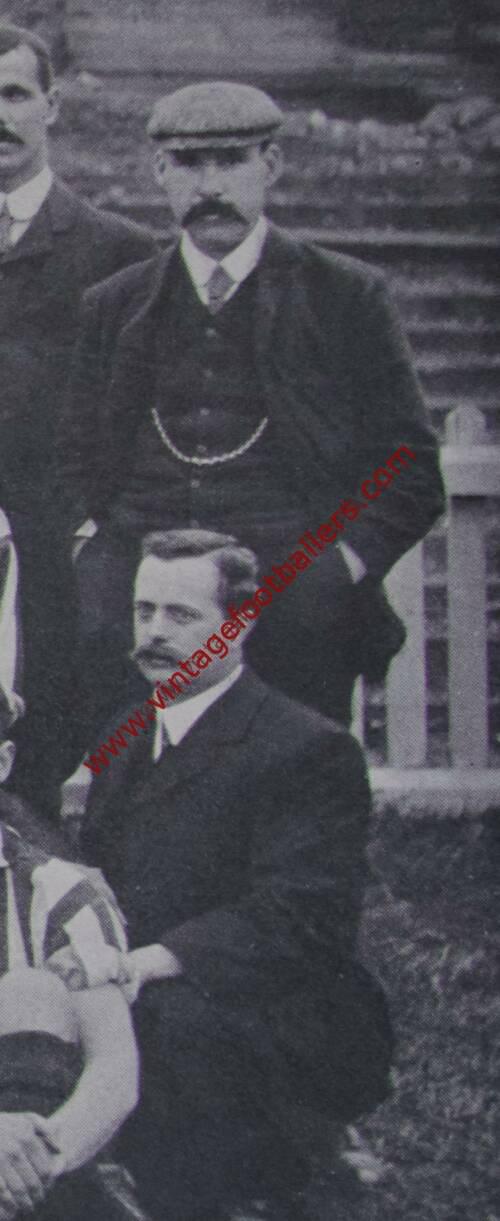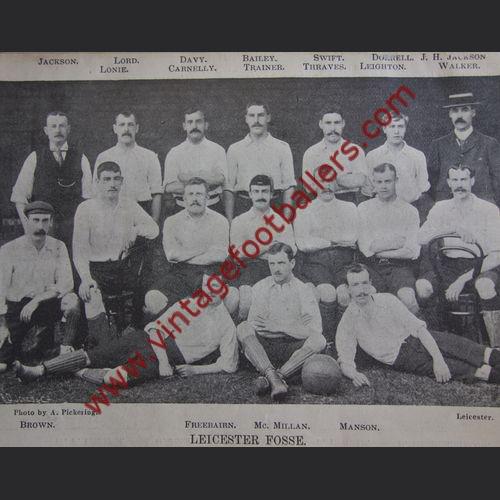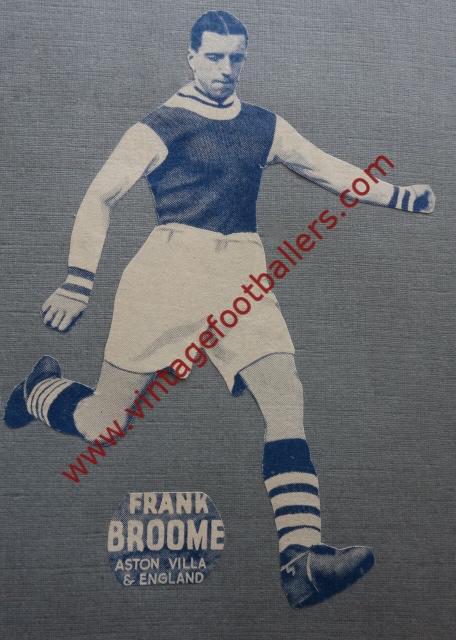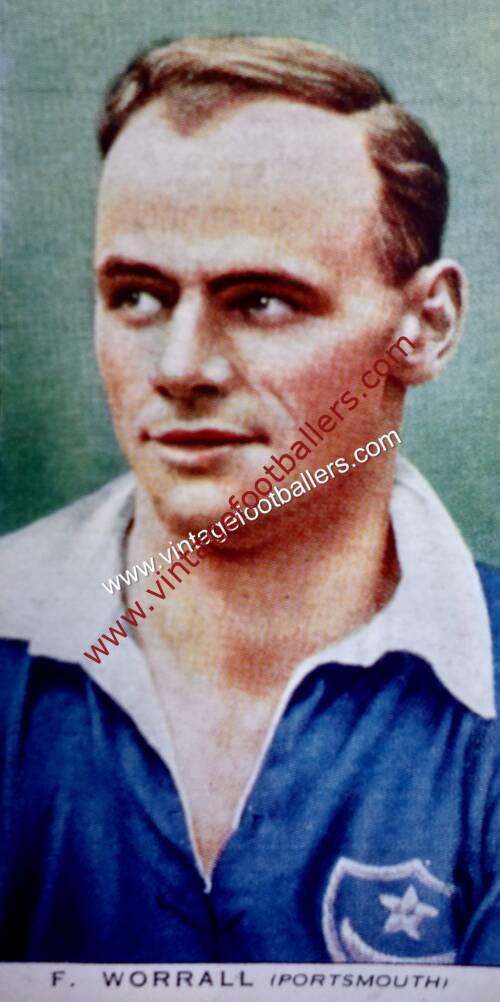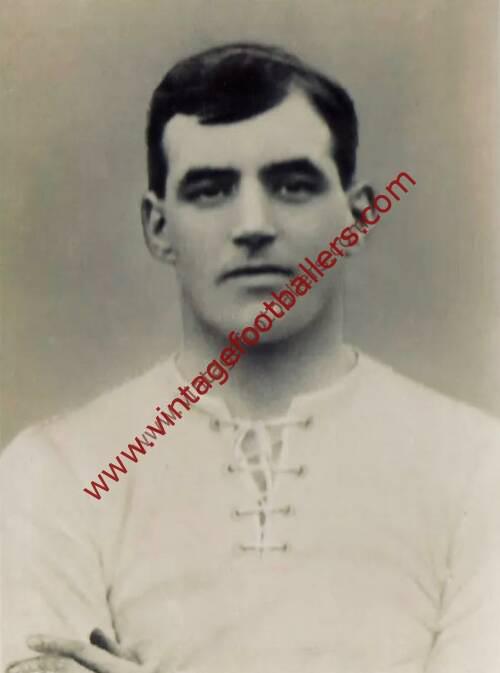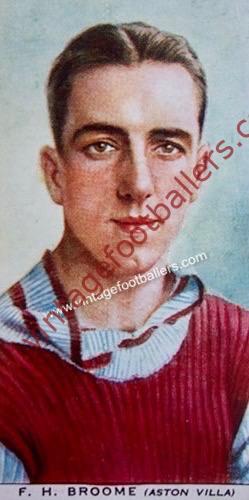Please choose your photo size from the drop down menu below.
If you wish your photo to be framed please select Yes.
Note: 16″x 20″not available in a frame.
Images can also be added to accessories. To order please follow these links
£4.95 – £49.95
Please choose your photo size from the drop down menu below.
If you wish your photo to be framed please select Yes.
Note: 16″x 20″not available in a frame.
Images can also be added to accessories. To order please follow these links
Oakengates, Shropshire born left back George Swift began his football career with St George’s Swifts in 1885 and played for Wellington Town and Wellington St George’s in 1886. After a trial with Stoke in 1887 he joined Crewe Alexandra in 1889 from where he was signed by Football League club Wolverhampton Wanderers in July 1891. He made his Football League debut against Accrington that September but made only 4 appearances in his debut season, however from the start of the following season he was a first team regular and indeed was the only ever present played for Wolves during the 1892-93 campaign, which ended with Wolves beating Everton 1-0 at Fallowfield, Manchester in the 1893 FA Cup Final.
After a further season at Molineux, having scored once in 66 appearances, he moved to Loughborough in July 1894, where he stayed two seasons, scoring once in 30 appearances. He represented The Football League against The Irish League at the Victoria Ground, Stoke-on-Trent, in November 1895. In August 1896 he joined nearby Leicester Fosse and was appointed club captain, where he missed very few games over the next six seasons, being ever present in four of those, scoring 7 goals in 200 appearances for The Fossils, before joining First Division Notts County in June 1902. He made 16 appearances for The Magpies during 1902-03 and hadn’t played in the subsequent two seasons before becoming trainer at Leeds City in the summer of 1905.
Swift made an astonishing comeback as a player at the end of March 1906 with City in disarray with a host of injuries. When they travelled to meet Chelsea in London two weeks later, they had only nine fit players with them. Bob Watson had broken down in Burnley on his journey down and City sent a telegraph to Elland Road seeking reinforcements. Unfortunately, the second team had already set off for a game in the North East and only Harry Stringfellowwas available to join the party. Swift was still registered as a player and was drafted into the side for the day, playing as a makeshift left winger, though he dropped into the defence when Dick Ray sprained his left knee early in the second half. The Londoners ran out easy 4-0 winners, and it was clear that Swift would be making no long term comeback.
He departed Elland Road in the summer of 1907 to take over as secretary-manager at Chesterfield on a two-year deal, on the recommendation of former Saltergate manager Gillies. Swift enjoyed little success in the role; Chesterfield finished second bottom in 1908, but were fortunate enough to be re-elected to the League. They finished in the same position in 1909 but this time lost their League status as a result. Swift was re-appointed at the end of his contract and it looked a good decision when Chesterfield won the Midland League in 1909-10. He rocked the club to its foundations, however, when he resigned one game into the 1910-11 season, claiming that the club couldn’t afford to pay him.
In April 1911, Swift re-emerged as manager of Southampton, being appointed from a list of 140 applicants. He spent £820 on eleven new players in his first six weeks in charge, but the changes made no difference to a poor side and they ended the season 16th, prompting Swift to resign.
| Weight | N/A |
|---|
